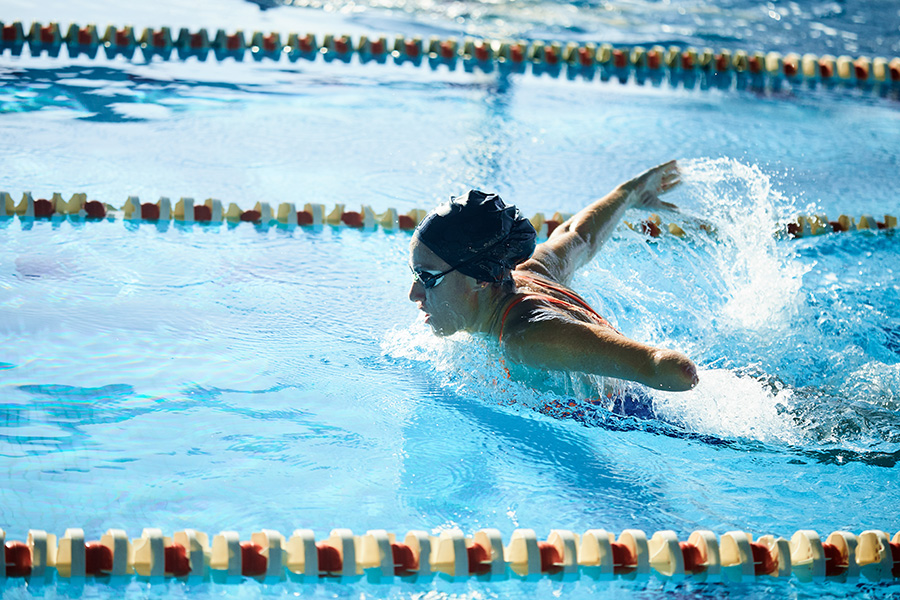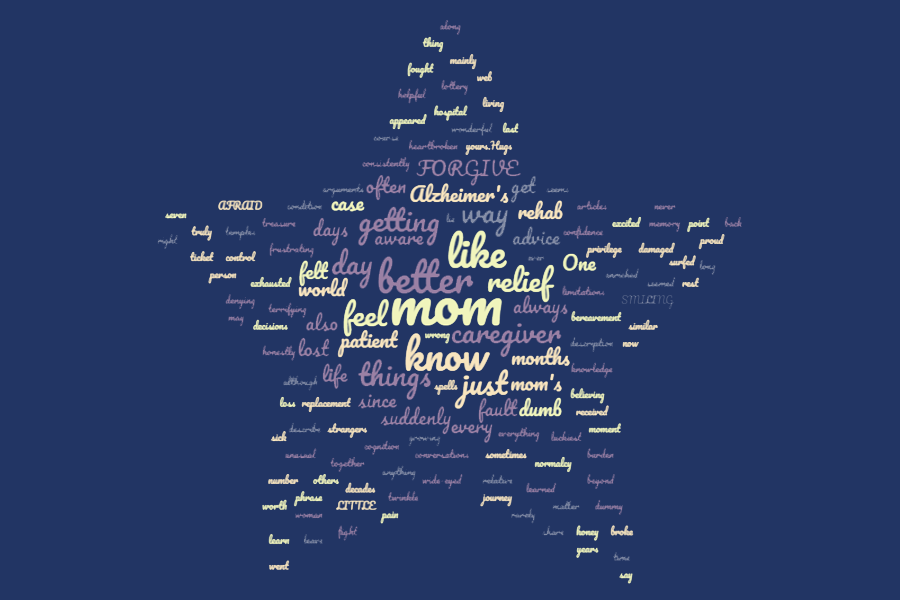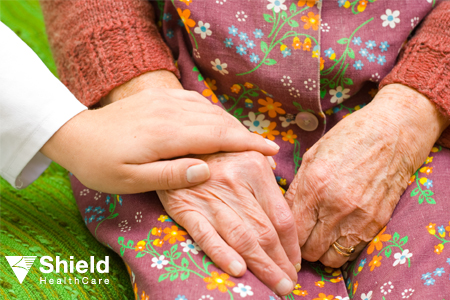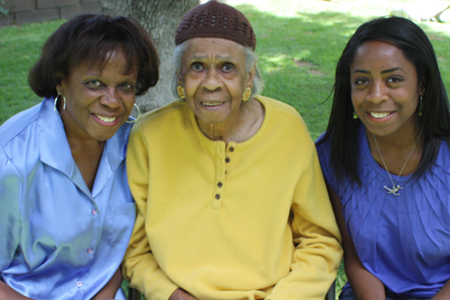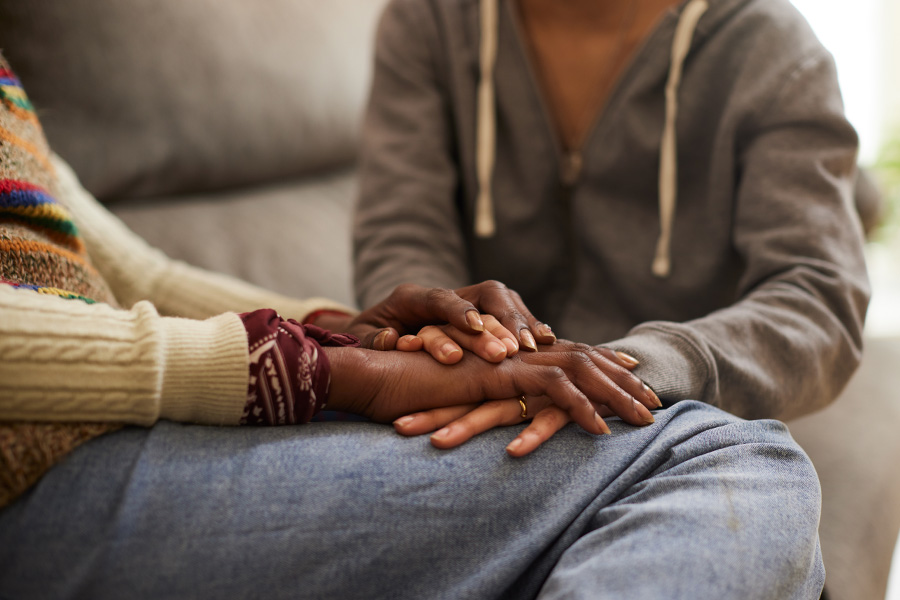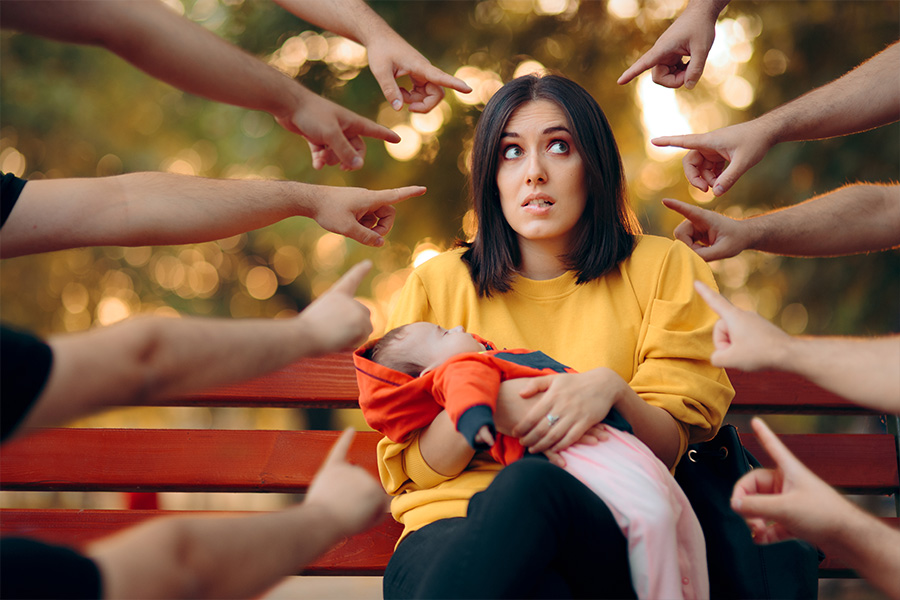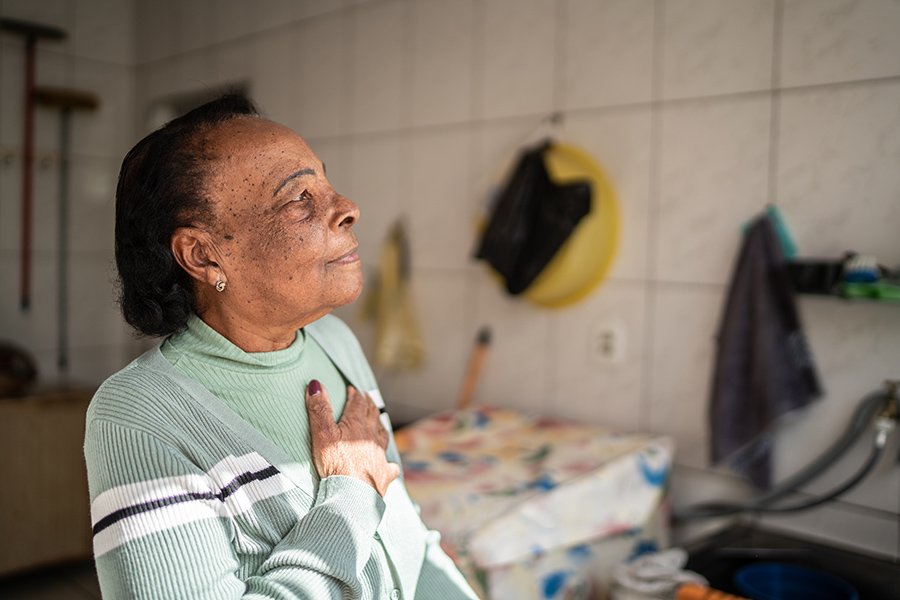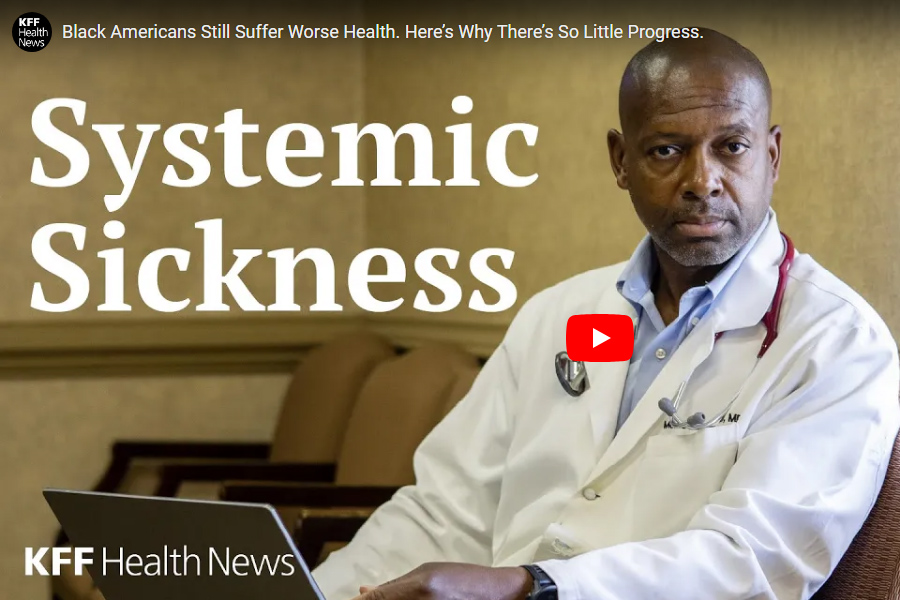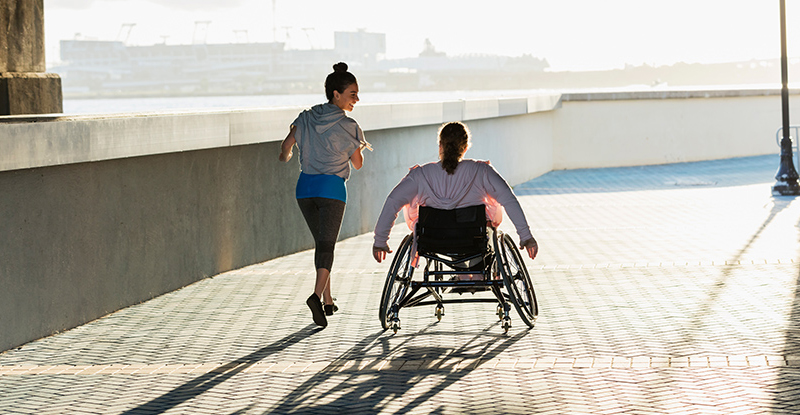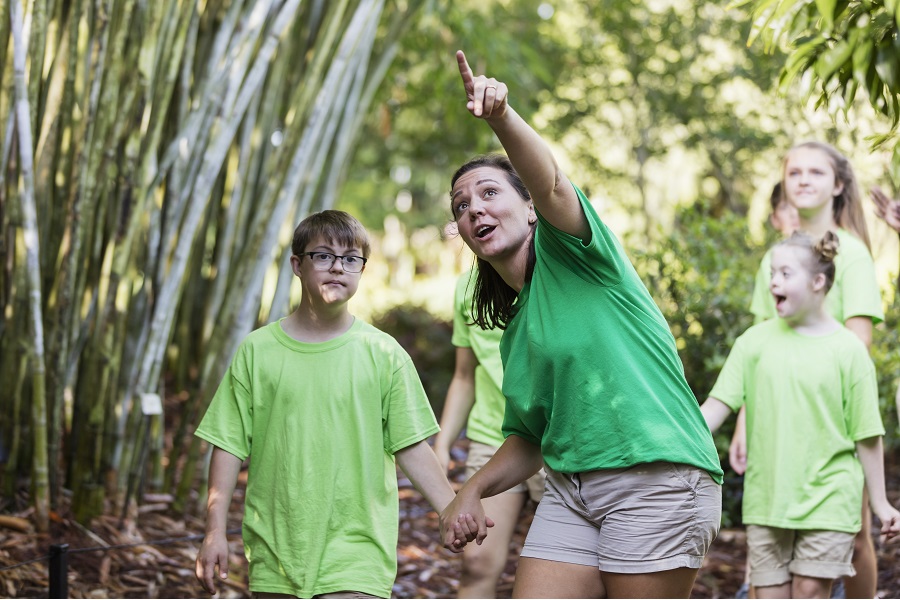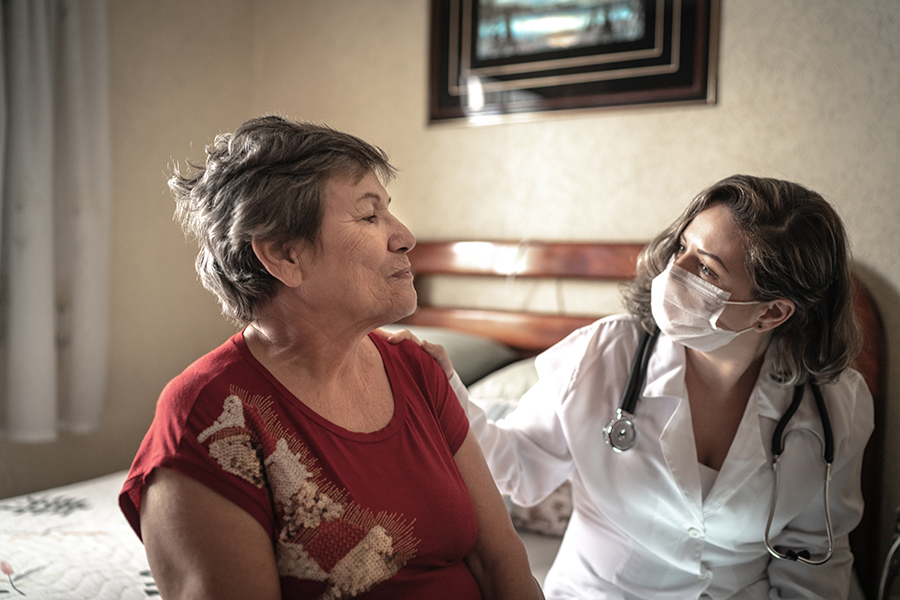We Cannot Underestimate the Importance of Disabled Role Models for Our Kids
I’m pretty good at being my son Charlie’s mom. I know the difference between his sad cry and mad cry, his happy laugh and jokester laugh. I know his favorite foods and can probably guess what he’d want to do at any given moment of time based on the season, his temperament, and our super-secret language that travels through looks. But I can never be Charlie. I cannot put myself in his ten-year-old body. I do not know what it feels like to live with cerebral palsy, to use a wheelchair to get around and a speaking device to communicate. I can only guess, like dipping my toe in a pool to test out the temperature of the water. And as much as I love our secret language and that we have a perfectly symbiotic thing going right now, I would never presume to fill every need in his life. He needs role models who move through the world like him.
It’s not enough to be the best advocate and provide all the accommodations he desires or requires at home and in school. It’s not enough to be sympathic and empathetic to his experiences. He requires people, his people, to reflect the nuances in his own existence that I will never, ever be able to get.
A few years ago, I began researching people in the social strata who were rocking their wheelchairs with grace and aplomb. The minute I showed Charlie videos of grownups with cerebral palsy surfing and popping wheelies and cracking jokes and getting married and writing books, it became his new favorite pastime, a window into his future, and a way for him to dream apart from me.
There are many disabled adults doing big things in the world that I could share, but I want to highlight three who have resonated with Charlie for different reasons.
Katherine Beattie is a screenwriter with cerebral palsy who has written for The Ellen Show and NCIS. She’s also an advocate for disabled actors. In an interview with Ability Magazine, she says, “If there is a disabled role on film or TV, it must go to a performer with a disability.” Apart from her creative life, she won third place in the 2021 Dew Tour in adaptive freestyle WCMX (think skateboarding, but wheelchairs). She also surfs. Her spirit of adventure is intoxicating.
Shane Burcaw is an author who wrote the hilarious Laughing at my Nightmare, a book about his experience living with Spinal Muscular Atrophy. Here’s why I love Shane: he’s funny, he’s married to a woman named Hannah whom he jokes people often assume is his nurse, and he also writes and consults for television to make sure wheelchair-use is portrayed with accuracy. He has a wonderful YouTube channel, “Squirmy and Grubs.”
Zack Anner is a comedian and well-known advocate in the cerebral palsy community. He also has a YouTube channel and was a recurring guest star on Speechless. In an interview with CNN, he says, “I hope to make people laugh and maybe make them think a little bit. If they are inspired by what I do, then that’s great, but that’s never the focus.” Zach Anner is an ambassador for the Cerebral Palsy Foundation.
What I love about these three individuals is that they are living their lives to the utmost, but not in a cue-the-theme-music, let’s-clap-for-their-amazing-heroism way. They inspire my son to pursue his dreams, whatever they may be, not in spite of his CP or because of his CP, but because everyone should get that chance. Each one is a role model for Charlie, not for their successes or what they have “overcome,” but because they show what they value in life through their pursuits and passions.

Jamie Sumner is a special needs mom and author.
Jamie-Sumner.com
Author of the middle-grade novels:






